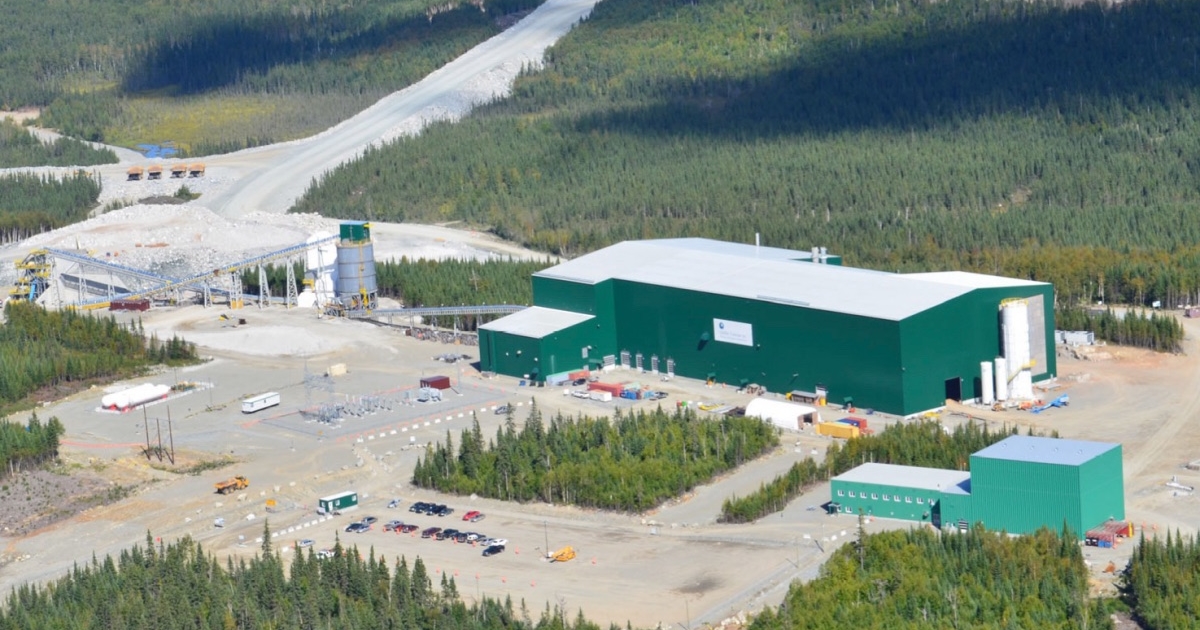
As the North American auto industry scrambles for local sources of battery minerals to meet ravenous electric-vehicle demand, the first in a series of Canadian lithium mines is scheduled to begin ramping up production.
Before the year is out, the North American Lithium mine in Val-d’Or, Que., is expected to be sending shipments of the highly sought battery metal to Tesla.
The milestone, which comes as similar projects in the United States sit in regulatory or legal limbo, illustrates how Canada’s resource-heavy history is giving the country a leg up over its neighbour to the south.
In fact, the Quebec mine’s tie-up with Tesla came at the direct expense of the United States.
Piedmont Lithium Inc., a co-developer of the Quebec project, struck an initial supply deal with Tesla in 2020. It had planned to ship lithium to the EV maker from another of its developments in North Carolina starting in mid-2022. But permitting issues at that project have led to years of delays, and Piedmont does not expect to start production in the state before 2026.
On Jan. 3, the U.S.-based miner and Tesla signed an amended deal that would see production from the North American Lithium mine fill the gap.
Piedmont’s long-delayed North Carolina site is far from the only U.S. mine crawling through the approval process.
Vancouver-based Lithium Americas Corp., which is developing what could become the largest lithium mine in North America, has been similarly mired in a slow march toward production. The company completed a pre-feasibility study for its Thacker Pass lithium project in 2018. It aimed to start construction on the mine in 2020 and be in production by 2022.
Despite its location in relatively mining-friendly Nevada, the project was not approved until the start of 2021, during former President Donald Trump’s final days in office.
The development has since faced legal challenges. After a hearing Jan. 4, a court decision that will determine the fate of the latest appeal from a consortium of opponents is expected in “the next couple months,” according to Lithium Americas.
The company has not updated its development timeline since the hearing but said in December that construction on the Thacker Pass project would start in 2023.
Automotive actors, among others, have taken notice of the circuitous approval processes in the United States. In August, Ford Motor Co. and Rivian Automotive Inc. called for speedier signoffs for battery mineral mining projects. But so far, there are few signs of meaningful change in Washington.
In Canada, where mining typically falls under provincial jurisdiction and resource extraction has remained an important part of the economy, progress has been smoother. Several lithium-mining developments across Quebec, Ontario and Manitoba look likely to follow the mine near Val-d’Or into production over the next two or three years.
As part of the federal critical-mineral strategy released in December, Ottawa also aims to speed up environmental assessment processes to get mines into production quicker. Even without these changes, Canada’s existing regulatory processes have allowed the country to put its nose ahead in the race to propel North America’s EV transition.